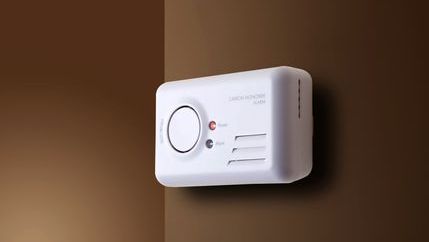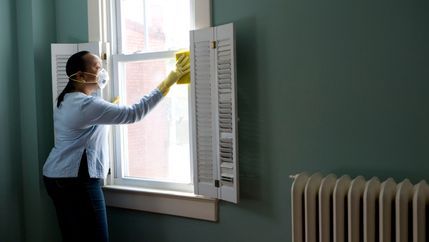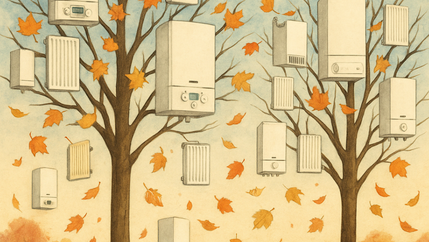
The Private Tenancies Act (Northern Ireland) 2022 received Royal Assent on 27 April 2022. The Act is being introduced gradually, with changes to notice periods having been in place since 5 May 2022. Sections 1-6 came into force on 1 April 2023.
There are still several sections to be consulted on and introduced, including additional payment options for tenants, energy efficiency standards and regulation of rent.
Private Tenancies Act (Northern Ireland) 2022
The Act represents the biggest change to housing law in Northern Ireland for years. It reforms the way all landlords and letting agents in Northern Ireland rent their properties.
Section 8 – smoke, heat and CO alarms
The Smoke, Heat and Carbon Monoxide Alarms Regulations (Northern Ireland) 2024 set the standards for the number and type of alarms that must be installed in private rented properties and aim to reduce the risk of fire related incidents. It is intended these Regulations will come into force in 2024.
According to national fire statistics fires in properties that have alarms in place are discovered more rapidly (less than 5 minutes) after ignition and are associated with lower fatal casualty rates.
Key responsibilities for property managers:
- Install and keep in working order sufficient alarms for detecting smoke, heat and carbon monoxide in any property that is let out to tenants. Any alarm that is reported to be faulty must be repaired or replaced.
- Ensure all alarms are fully functional and confirm the tenant is satisfied that this is the case at the start of a tenancy.
- Keep a formal record of when alarms are installed or replaced. A copy of this should be included with any information pack about the property given to the tenant.
- Advise tenants to test alarms once a week by pressing the test button.
Respond to the Section 8 consultation →
Section 10 – electrical safety standards
The Electrical Safety Standards for Private Tenancies Regulations (Northern Ireland) 2024 will introduce the requirement for inspection and testing of a property's electrical hard-wired installation by a qualified electrician every five years with the aim of reducing the risks of injury due to electrical faults. A date for this duty to come into force has not yet been set.
Key responsibilities for property managers:
- Ensure all electrical installations are inspected and tested by a qualified person at least every five years.
- Obtain a report from the electrician which gives the results and sets a date for the next test.
- Supply a copy of the report to the existing tenant within 28 days, any new tenant before they occupy the property, any prospective tenant within 28 days of a request, the relevant district council within seven days of a request, and the qualified person who carries out the next inspection and testing.
- Complete any further investigative or remedial work as necessary, within a maximum of 28 days and provide written evidence that this has been completed to the tenant (and the district council if requested).
The landlord is not responsible for the electrical safety of any appliances that belong to the tenant.
Respond to the Section 10 consultation →
Have your say
The consultations are open to all, but views are particularly sought from landlords, tenants and stakeholders in industries which may be impacted by the regulations. Propertymark will respond to the consultations, and we encourage individuals to input their views too. We welcome any comments to support our response which can be sent to our Policy Team at [email protected]
Both consultations are open until Wednesday 6 December 2023.






